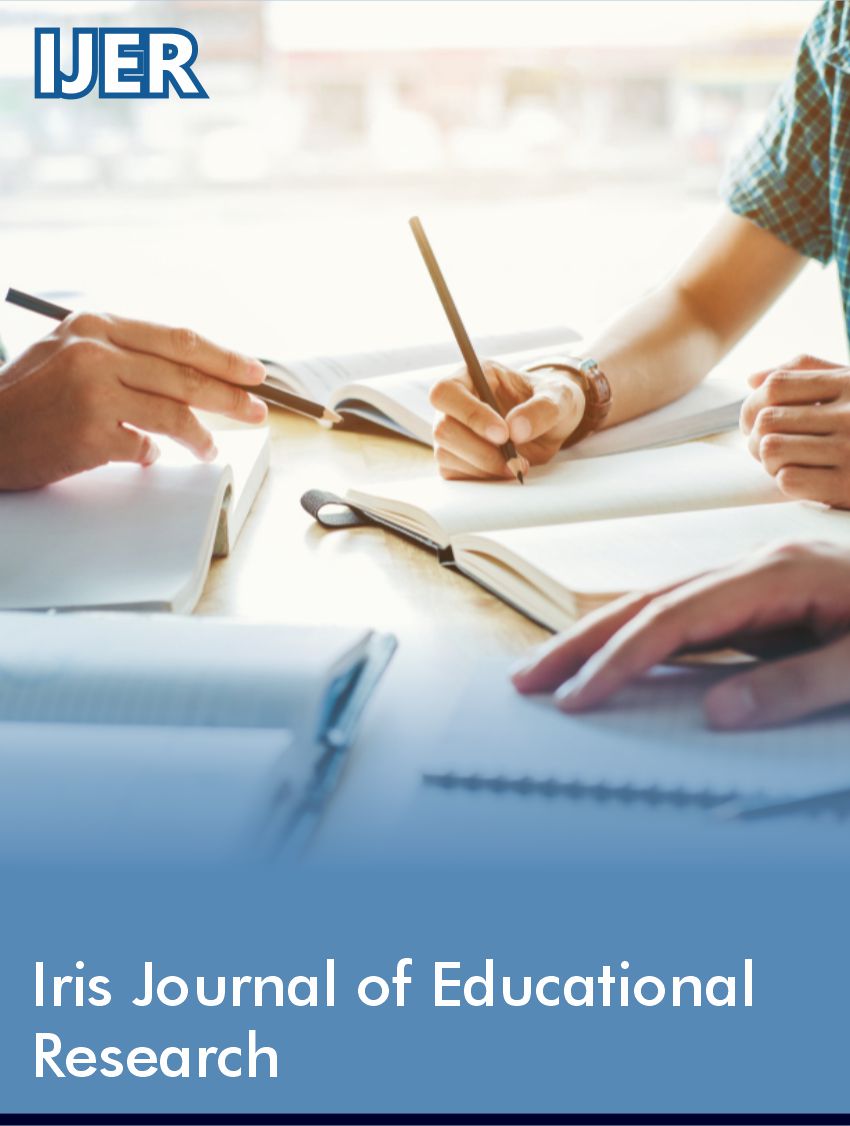 Short Communication
Short Communication
Gen Zs Struggle with Feedback
Lee Revere1*, Lior Flum2 and Frederick R Kates3
1Professor and Florida Blue Endowed Chair, Health Services Research, Management and Policy, College of Public Health and Health Professions, University of Florida, USA
2Instructional Designer, College of Public Health and Health Professions, University of Florida, USA
3Associate Professor, Health Services Research, Management and Policy, College of Public Health and Health Professions, University of Florida, USA
Lee Revere, Professor and Florida Blue Endowed Chair, Health Services Research, Management and Policy, College of Public Health and Health Professions, University of Florida, USA
Received Date:December 13, 2023; Published Date:January 02, 2024
Introduction
Providing constructive feedback is a powerful and necessary tool for successful academic groups and effective workplace teams. When done well, group members learn together and produce higher-order outcomes; when done poorly (or not at all), individuals lose interest, performance decreases, and outcomes are status quo. For Generation Zs (Gen Zs), feedback is expected frequently, quickly, and directly. According to a LinkedIn paper [1], “giving feedback to Gen Zers has become a nightmare and doubleedged sword for most managers due to their innate characteristics such as shorter attention span, demand for transparency and plea for direct commutation.” Today’s instructors are challenged with not only providing Gen Z style feedback but also teaching students how to provide it to their peers!
Emerging pedagogical software provides an infrastructure for understanding and assessing individual and group-level dynamics in group assignments. Using tools for peer level evaluations allows instructors to understand the positive and negative student experiences and learning outcomes related to group work. We recently deployed the FeebackFruits Group Member Evaluation (GME) tool for peer assessment. This online peer evaluation tool integrates with Canvas’s learning management system and allows undergraduate students to give peer-to-peer feedback.
FeedbackFruits GME Peer Review Tool
The GME tool allows students to provide evaluations of self and team members’ performance and contribution. Allowing students to give and respond to received peer feedback, encourages dialogue among group members. Through the GME tool, students can practice effective communication and evaluation skills, which promotes learning through reflection and self-awareness.
We piloted the GME tool in six sections of a required undergraduate public health course; each section comprised approximately 50 third-year students. Using the GME tool, students provided peer feedback on a group infographic assignment focused on social determinants of health. The infographic group work often creates collaboration issues due to a learning curve for the infographic software and the creative freedom necessary to create a compelling product. The GME peer-review tool was introduced the same day as the infographic assignment, with the following instructions:
“Every group member is expected to contribute to the project. The best way to contribute is for each student in your group to make a first attempt to create an infographic and compare the attempts, and together, decide which infographic you want to modify for the group’s final submission. A few days after the infographic assignment submission, a graded peer review will be sent using the new Canvas software FeedbackFruits.”
Student feedback was diverse, with similar comments among well-functioning and poorly functioning groups. Although most comments were positive, there were many very negative and targeted comments. The instructor received numerous emails from students worried about giving negative feedback and from others stating they provided positive feedback even though a group member(s) did not carry their weight on the assignment.
It was apparent that students did not have the skills to provide
constructive feedback. At the end of the semester, the instructor
conducted an anonymous Qualtrics survey to understand the
student’s experience better. Overall, students identified peerreview
feedback as academically beneficial information for
developing career-ready skills. Other positive comments included
a greater sense of responsibility among classmates and ease of
completing their self-assessments. However, students struggled
to provide appropriate criticism and descriptive feedback to their
peers. They also worried about expressing opinions freely due
to a fear of judgment. Other comments point to opportunities for
improvement in peer-evaluation questions; these include:
• Implementing a ranking system that is mandatory to
assess everyone’s contribution (who did most, medium, little)
• Assessing how effectively the group member followed
through with the group contract.
• Evaluating how each group member contributed to
the group dynamic? Where does this member have room for
growth? How does this member meaningfully contribute to the
final version of the assignment?
• Setting group expectations regarding quality and amount
of work completed, when the work will be completed by each
week, and how long it takes them to respond to group messages.
Conclusions
FeedbackFruit’s GME tool demonstrated Gen Z students have difficulty providing constructive feedback. Several students emailed the instructor, explaining they did not want to make a mean comment or felt awkward giving feedback. These responses align with current research, which shows that Gen Zs does not respond well to negative feedback [2,3]. Appropriately giving negative feedback needs to be discussed before assigning GME/ peer evaluations, and instructors must teach students the skills required to provide negative (and positive) feedback to peers effectively. Future research is warranted on how best to teach Gen Zs to give and receive constructive feedback to ensure effective group work.
Acknowledgment
None.
Conflict of Interest
No conflict of interest.
References
- Aluthwala A (2020) Giving Feedback for Gen Z. It's a Culture| LinkedIn. LinkedIn.
- Gould D, Nalepa J, Mignano M (2020) Coaching Generation Z Athletes. Journal of Applied Sport Psychology 32(1): 104–120.
- Poláková P, Klímová B (2019) Mobile technology and Generation Z in the English language classroom-A preliminary study. Education Sciences 9(3): 203.
-
Lee Revere*, Lior Flum and Frederick R Kates. Gen Zs Struggle with Feedback. Iris J of Edu & Res. 2(1): 2023. IJER.MS.ID.000530.
-
Gen Zs Struggle, Group Member Evaluation (GME), FeedbackFruits
-

This work is licensed under a Creative Commons Attribution-NonCommercial 4.0 International License.






